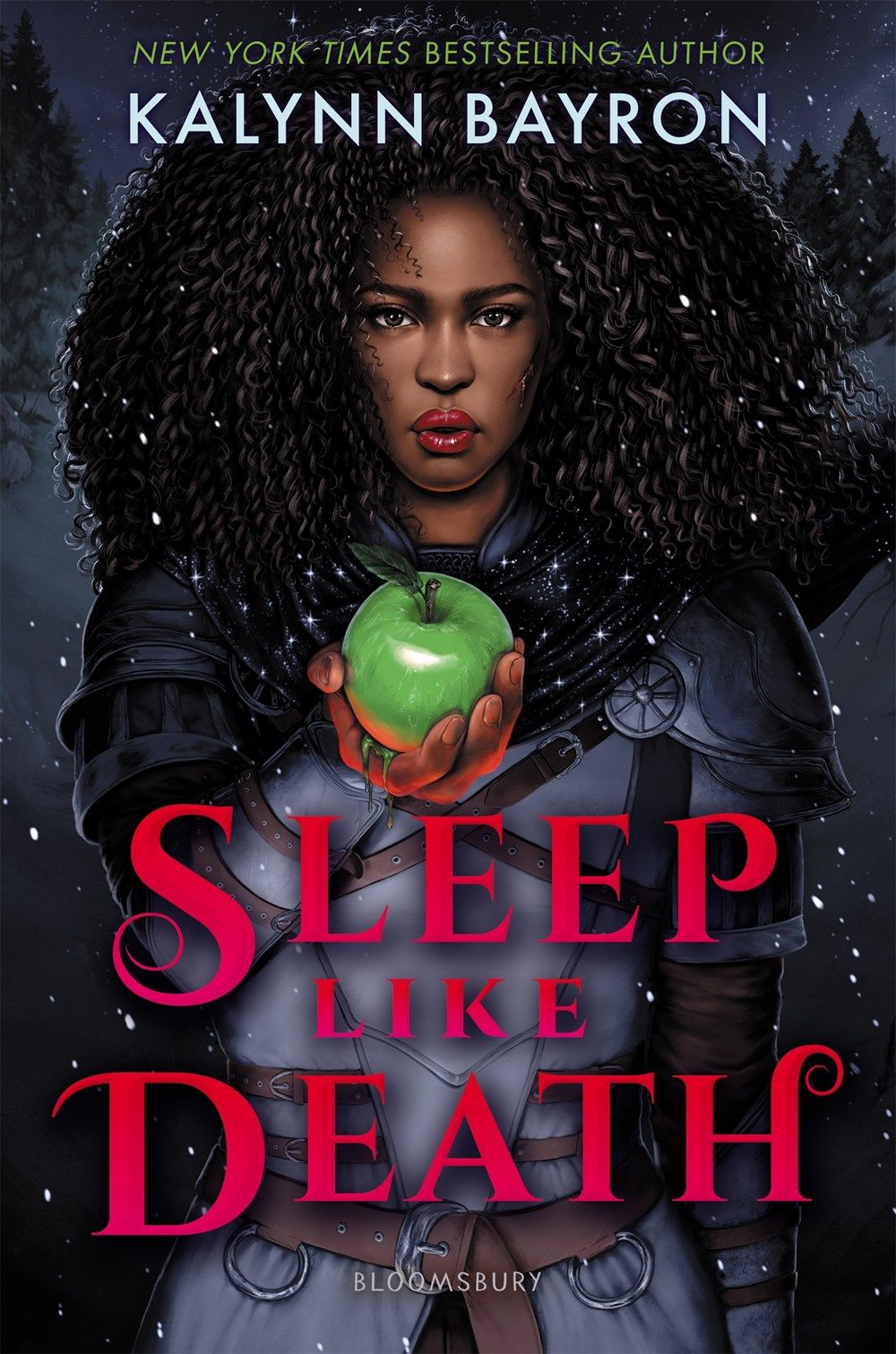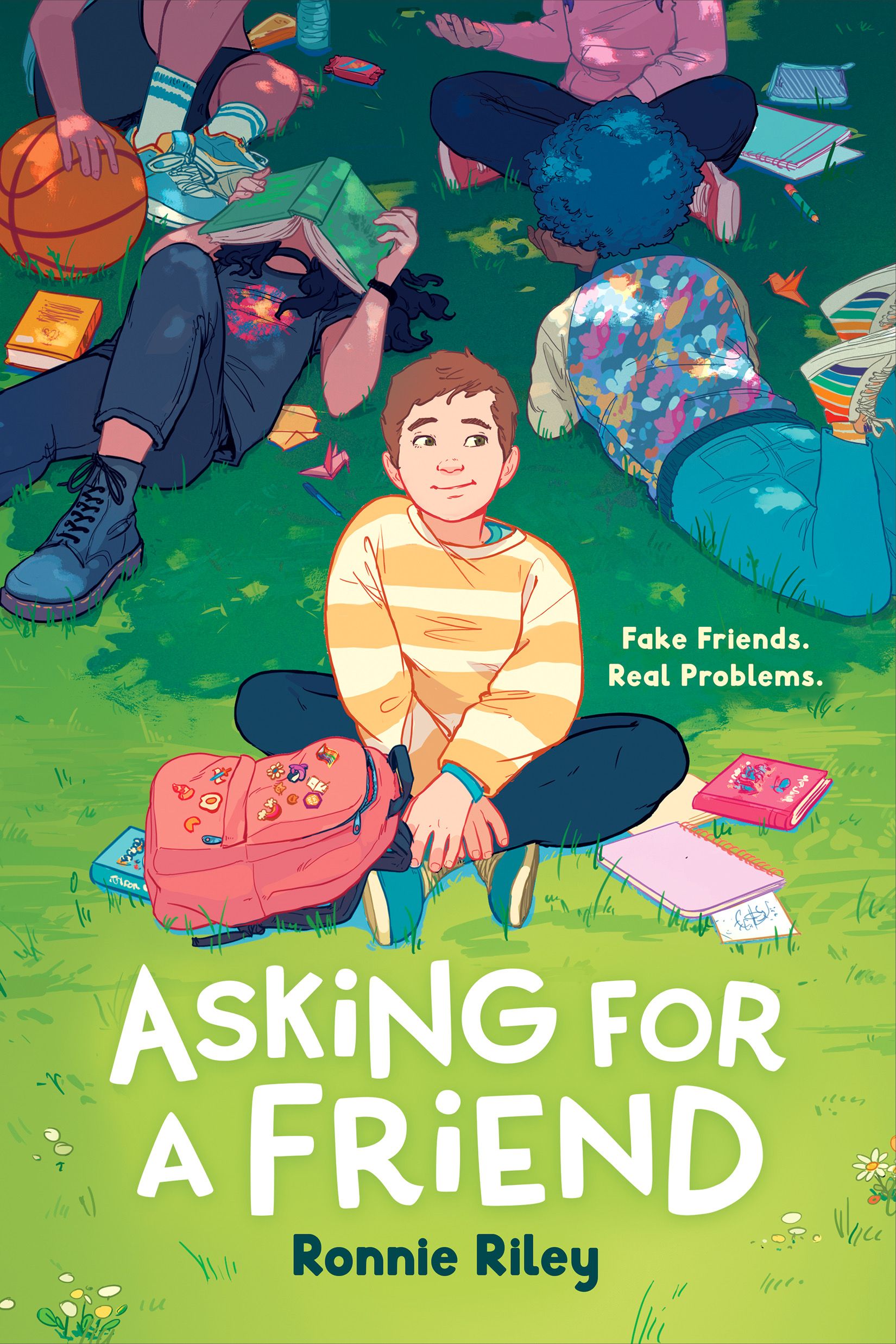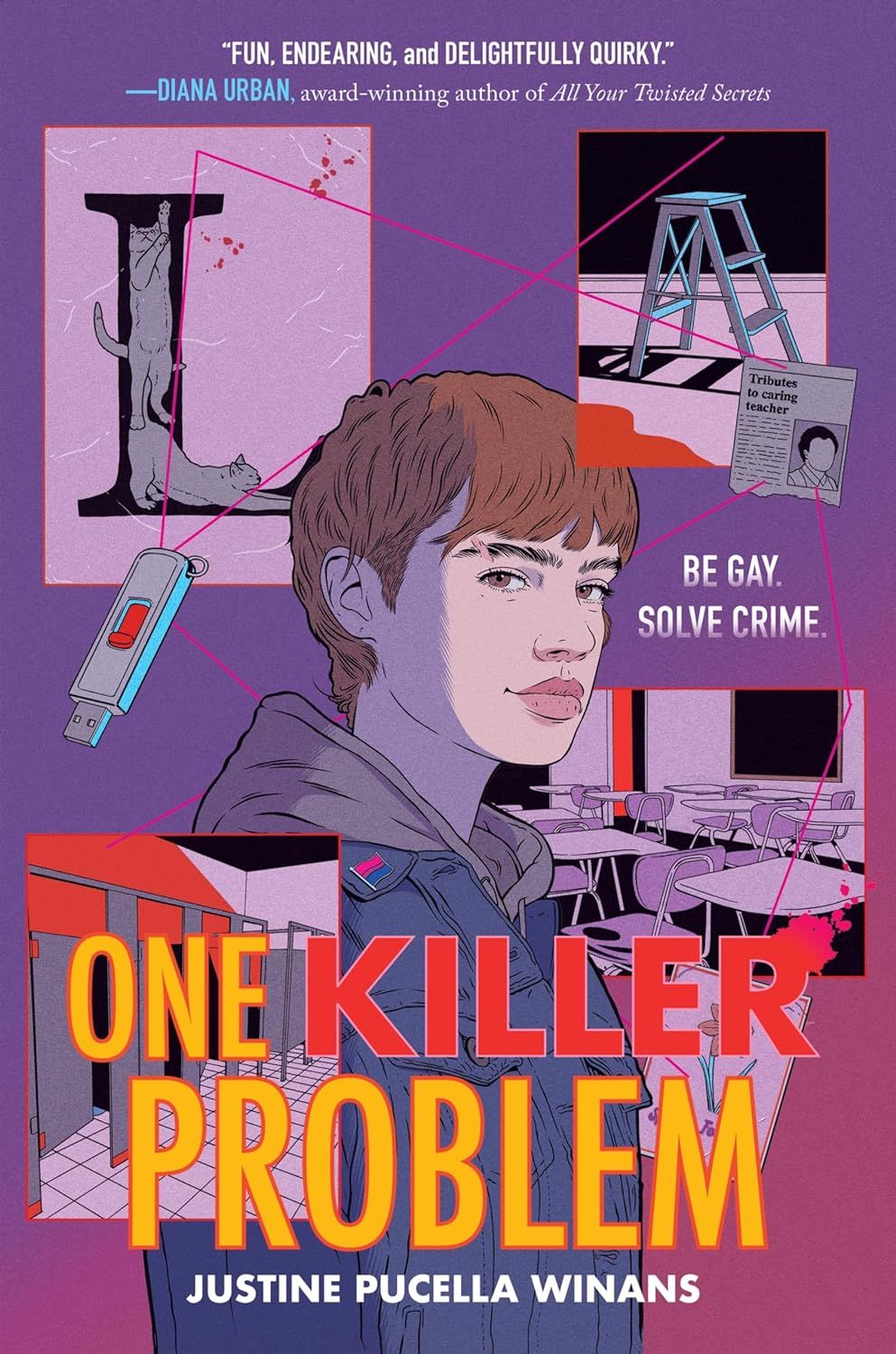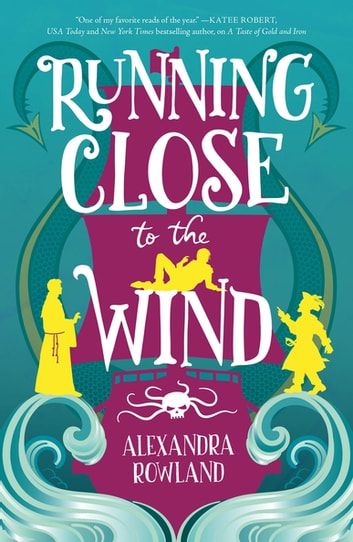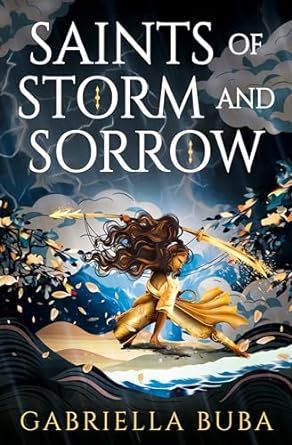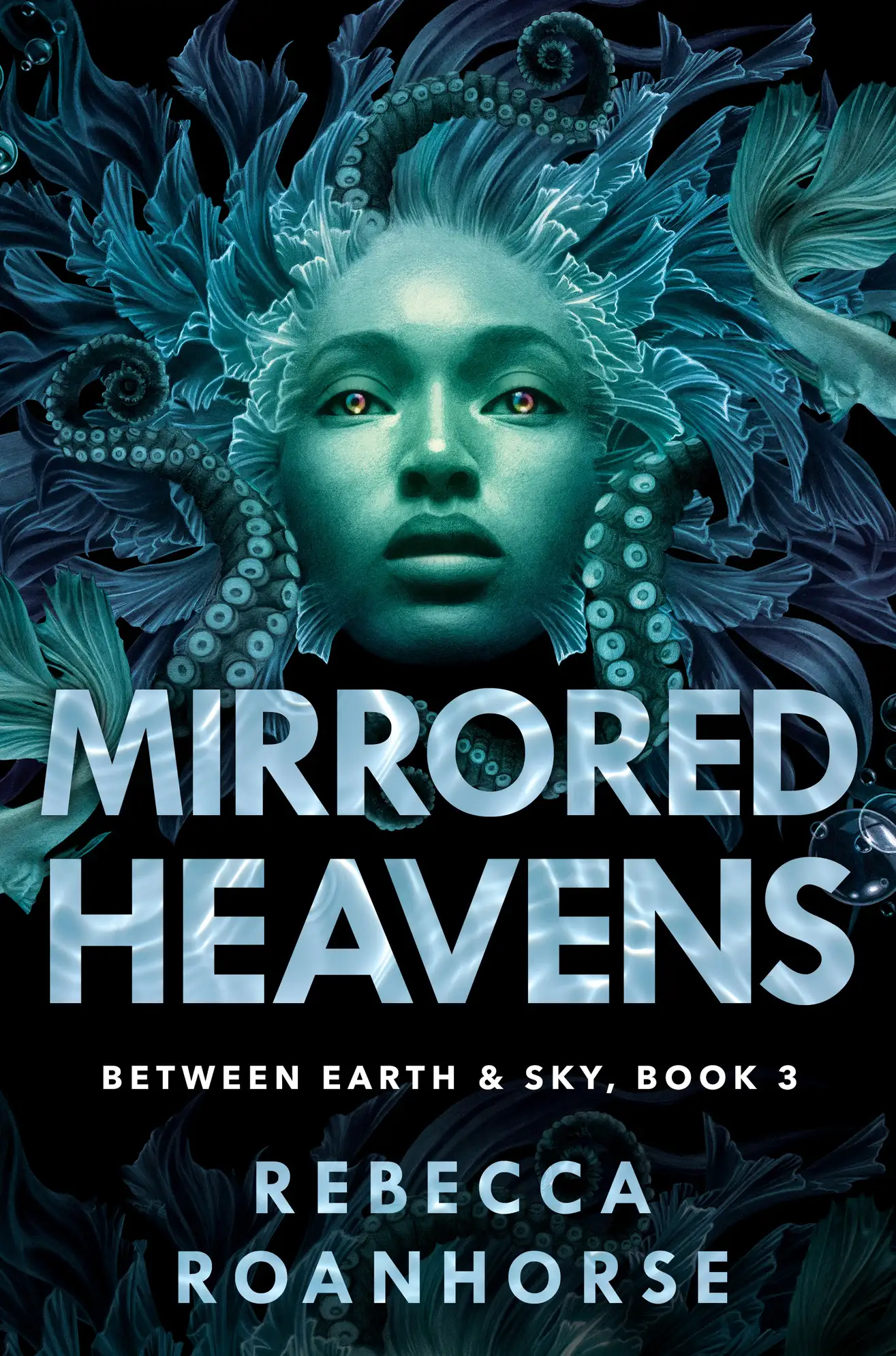Pride Month in 2024 feels strange. In 2023, legislatures in the United States introduced over 500 bills with explicit anti-trans agendas. Book censorship in schools and libraries is also explicitly targeting books with queer characters and themes. The Florida “Don’t Say Gay” bill ended up failing, but it’s unlikely that all the books removed will be put back on school and library shelves. It’s also unlikely that all the teachers who left the state in order to avoid being arrested for daring to exist in a school will return.
In 2024, the hate train has simply kept going. Alongside this political firestorm, companies have responded by pulling back on vocal public support of LGBTQIA+ creators during Pride Month. I have followed a number of queer content creators for years, and 2022 was an interesting Pride Month because, in addition to the many branded and sponsored content, I saw satirical Pride Month content mocking the twisty ways that queer content creators had to explain how Walmart helped them celebrate Gay Pride, or something.
However, in 2023, the bottom fell out. Before Pride Month, trans creator Dylan Mulvaney was the target of an online hate mob. The queer educational content creator, Matt Bernstein, discussed on his podcast how, as a freelancer, he would make the bulk of his income through sponsorships and consulting work during Pride Month. In 2023, that didn’t happen. Target has already announced that they’re dialing back their Pride Month merch in 2024 after the right-wing backlash to… rainbow T-shirts in 2023.
Reading with Pride
Pride Month in the publishing world usually follows the trend of Pride Month marketing by highlighting queer books in their backlist and marketing queer new releases. A Pride Month release is a big deal for an author. For a new author, it’s an opportunity to be included in a lot of pre-Pride Month coverage, placement on a Pride Month new releases table in a bookstore, and more general press.
With the dual issues of political marginalization and corporate cautiousness, I reached out to authors with Pride Month releases to discuss their thoughts about the changing landscape for queer literature.
Author of Sleep Like Death Kalynn Bayron has had her book Cinderella is Dead banned, but she’s looking forward to her Pride month release: “It feels like a little gift I get to give back to my community during this time of year…I like to think my work is a nod to all the queer Black pioneers who have gone before me and whose legacy I try to uphold by telling stories that center us.”
Children’s book author Ronnie Riley is excited for their Pride Month release this year: Asking for a Friend, about a kid named Eden who’s dealing with the ups and downs of middle school and making new friends while figuring out their own identity. It is a book full of “queer joy,” a personal goal of Riley’s as an author. Unfortunately, Riley is no stranger to the current hunger for banning books with queer themes. Their first book, Jude Saves the World, was shadowbanned by a Catholic school board in Ontario, Canada. They and the other authors included in this shadowban spoke out against this action by the school board, and “it was enough to get the shadowban overturned.” Riley also said, “I’ve heard that Jude has been banned elsewhere in the US, but nothing firm has been brought to my attention.”
This lack of sureness about what bans you can actually address is a common issue for queer authors right now. I also spoke with Justine Pucella Winans, author of the young adult mystery novel One Killer Problem, about how queer books get pushed out of the public. “You can’t say not allow queer people to exist — you don’t get the same kind of traction as saying there’s pornography in children’s books,” they explained. They also noted that books by authors of color are being banned and censored as well, another way the right-wing is attacking anything that pierces the bubble of straight, cisgendered whiteness they want to maintain.
Though Winans hasn’t dealt with any explicit, targeted bannings of their books, they noted, “I do feel that with a lot of newer authors, the issue might be more of soft bannings of specific libraries, or schools just not ordering the titles because of potential pushback.” New authors make money off school and library visits, so the loss of this income stream of bulk book orders to schools and libraries — and the loss of face time with readers — is a major hit to an author’s burgeoning career. This is similar to the issue of queer content creators losing out on Pride Month work they had come to rely on as an income stream.
Alexandra Rowland, author of Running Close to the Wind, writes adult queer sci-fi/fantasy novels, so they are not subject to the same pearl-clutching as authors of queer children’s and young adult literature. However, they did point out that the publishing industry moves quite slowly: “Book contracts that are signed today, the books don’t come out for two years, sometimes longer. The things that are happening today, we might see the effects of that in a couple of years.” As a countermeasure, they emphasize the importance of cultivating queer safe spaces online that allow people to talk about their identities without fearing retaliation.
Multiplied Marginalization
As we should know very well by now, marginalization is multiplied by the intersection of queer identity and non-whiteness. Book banners have been particularly vicious to authors of color, with one school district in Pennsylvania going as far as to ban the first memoir by former president Barack Obama because of the content in it about race.
Gabrielle Buba, author of the upcoming fantasy novel Saints of Storm and Sorrow (who lives in Texas and keeps up with the state’s consistent book banning activities) noted: “Queer media by authors of color receives a lot more pushback than just queer media… No one’s just against queer books or just against authors of color.” She also noted that book banners use similar rhetoric painting queer people and people of color as “demons” as an othering tactic.
Future Impacts
Since queer authors of color are forced to deal with the threat of book banning frequently, they have to consider how it will affect their future careers. Gabriella Buba noted that her agent is supportive and would stand up to any banning attempts, but Buba herself is a little wary of banners coming after her: “I want to be a multi-genre, multi-age group author, but I feel restricted in what kinds of stories I’m allowed to tell right now.” Alternatively, Rebecca Roanhorse (author of Mirrored Heavens) finds it motivating: “I know for me that the minute someone tells me I’m not allowed to read (or write) something, I definitely want to do it more!”
Kalynn Bayron also said that it was disheartening to see her books get banned and that it has affected how much she wants to be accessible on social media. However, she will continue to center Black queer characters because “my commitment to my readers and to my community far outweighs the deeply flawed opinions of bigots who probably haven’t read the books in the first place.”
Though Justine Purcella Winans hasn’t dealt with any explicit, targeted bannings of their books, they noted, “I do feel that with a lot of newer authors, the issue might be more of soft bannings of specific libraries, or schools just not ordering the titles because of potential pushback.”
Moving Forward
Winans mentioned getting involved in We Need Diverse Books and local chapters of Authors Against Book Bans. The censorship of queer literature is extremely organized, and we have to organize to fight against it: “It’s really important to stop these efforts as early on as possible before it just launches into an outright ban of all queer literature, or marking all queer books as sexual or pornographic.”
Banning these books for young people takes away their ability to describe themselves and understand their own experiences. Even more, the authors I spoke to want to expand queer storytelling. “It’s important to me to showcase that people have their own queer journeys and that there’s nothing wrong with them. Being queer is beautiful,” said Riley.
The joy of reading is also in expanding your horizons. For her upcoming novel, Buba has received a lot of positive feedback from queer Filipino people who see themselves in her main character, but she’s also gotten many messages from people who related to all kinds of aspects of her character. “Reading widely in cultures and also identities that you’re not familiar with opens your own world so much,” she said. Similarly, Bayron said, “My stories let readers see themselves but they also challenge readers, who may not share my characters marginalized identities, to see the world through someone else’s eyes.”
All the authors I’ve spoken to were all pleased to have their books released during Pride Month so they can celebrate queer voices. As readers, we are so lucky to live in a time with a wide breadth of queer stories. To support them, we can and should continue to speak out to our local governments and school boards against book bans, and regularly request queer books to be added to our local libraries.
In addition to the negative business impact for authors that these bans have in the current moment, they have a far-reaching negative impact for queer youth. As all the authors I spoke to said, queer literature is a space for queer joy and finding the language to self-identify. Taking that away from kids restricts their development, and may make them feel like there is something wrong with them. Bullying from ignorant kids and hate speech from adults will compound these negative psychological impacts. If publishers choose to bend to these demands or pull back from promoting their queer books because they don’t want to deal with the backlash, they’re giving into a fascistic hate movement.
If corporations aren’t going to help us celebrate this month, and the government is going to be actively hostile, Pride Month will return to its roots as a celebration of defiant joy and civil disobedience.

